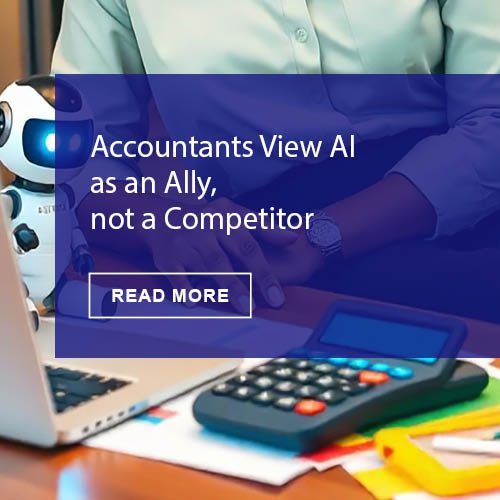As readers will know, the topic of modernizing financial operations is front and center at just about any FS vertical event (all of which to date continue to be remotely delivered).
So this posting in Dataquest is nothing new but does serve to highlight the topic in a developing market and for a specific vertical; that is India and ‘organized retail.’ The author is an exec at the India-based fintech named PayEX, which provides solutions for companies across cash cycle operations, such as A/P, A/R and supply chain finance.
‘Even as organized retail has brought the advantage of accessibility and scalability to corporates sellers by leveraging the power of the digital marketplace to reach end-consumers, it has also manifested operational complexities, a lot of which is thanks to the traditional and manual of order to cash (O2C) cycle processes. This is a big issue when the corporates’ customers are large retail chains, e-commerce companies, Government institutions, other OEMs, etc….Can you imagine the time and effort spent by an FMCG brand just to track all of the multi-product orders from a popular eCommerce platform and corresponding account receivables? Now imagine the challenge of doing this across many ecommerce platforms and large retail chains! The work is tedious, error-prone and cumbersome. Any inefficiency impacts working capital, customer relationships, and core financial metrics. Resultant write-offs, delayed/unapplied cash etc. have deeper implications on the financial health of the company.’
The point of the posting is to remind organized retailers in India (and other markets of course) to get their financial operations organized as well, especially receivables, which is something we covered in recent member research. The problems associated with paper processes in bulk payments and disassociated remittance data are substantial and only get in the way of business growth instead of keeping the cash flowing more freely.
The author goes on to point out some of the pitfalls of non-automation as it relates to other interconnected processes, including purchase orders, goods acceptance, and reconciliation. So an interesting theme, and one that is being repeated across the globe.
‘Smart AI/ML and deep domain reconciliation platforms can bring significant benefits to buyer and seller organizations in the AR/AP processes – they are faster, far less expensive and highly accurate. These solutions help accelerate revenue recognition, lower write-offs, provide complete audit trails and assist in dispute resolution improving stakeholder satisfaction in the ecosystem….To conclude, India’s B2B landscape is fast evolving and digital transformation in many traditional sectors has been fast-tracked by the global pandemic. Ecommerce and modern trade, in that sense, is driven largely by technology on the consumer front. However, on the B2B side, it is still shackled in manual and time-consuming processes or caught up in fragmented technology systems. Companies can reap significant benefits by unlocking their working capital if they leverage the power of intelligent automation, not just as a piecemeal solution, but across the entire O2Ccycle.’
Overview by Steve Murphy, Director, Commercial and Enterprise Payments Advisory Service at Mercator Advisory Group











